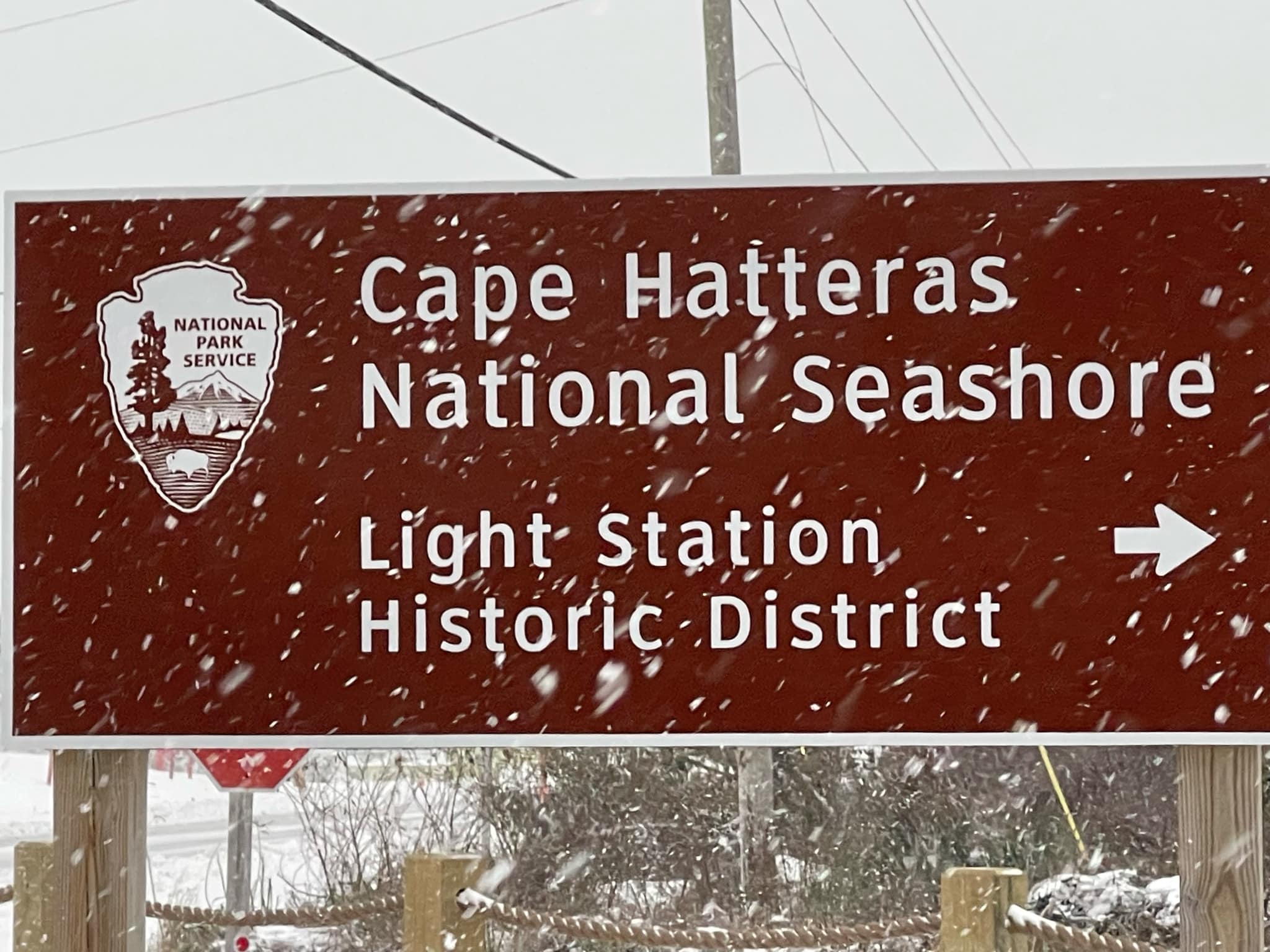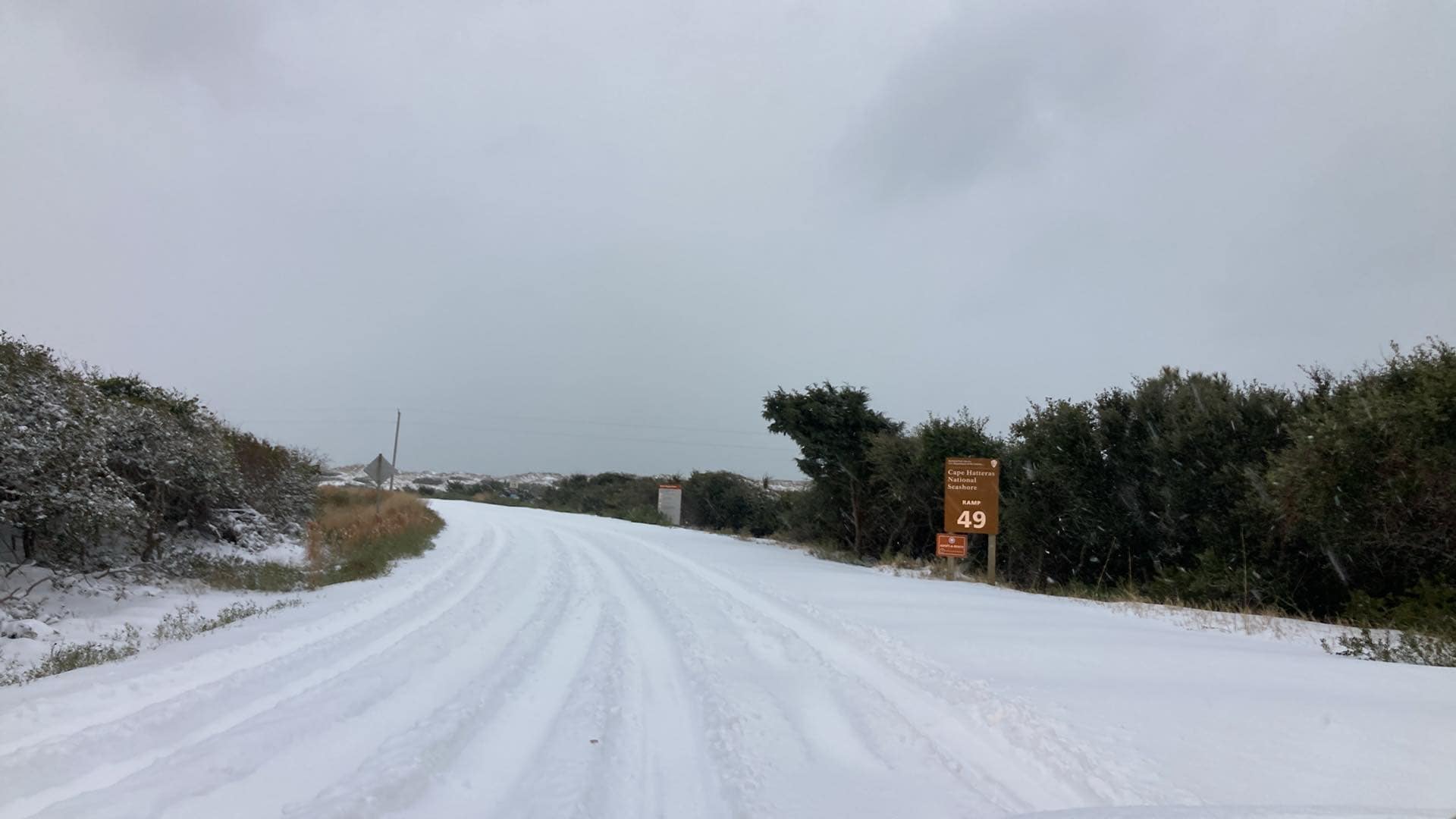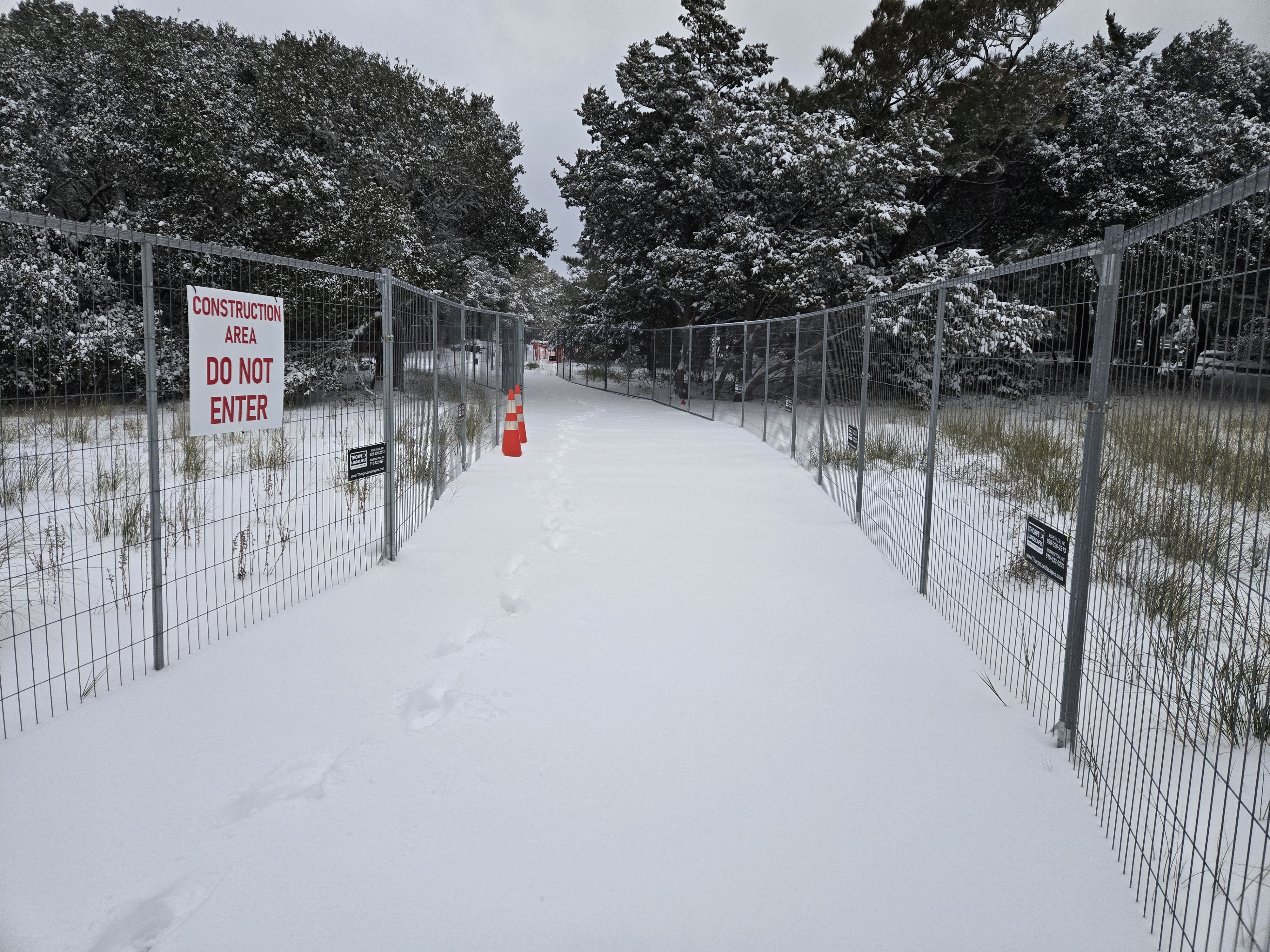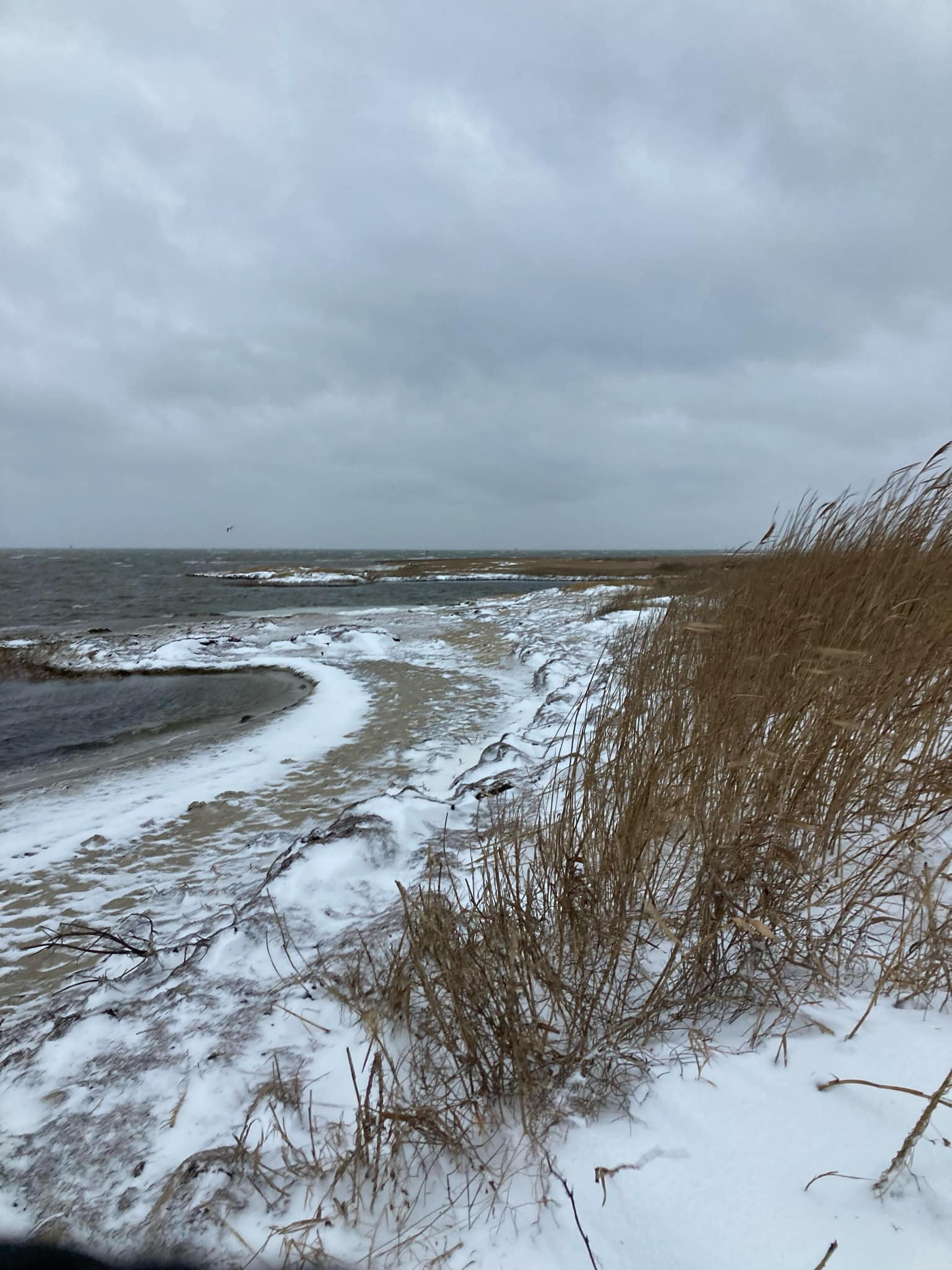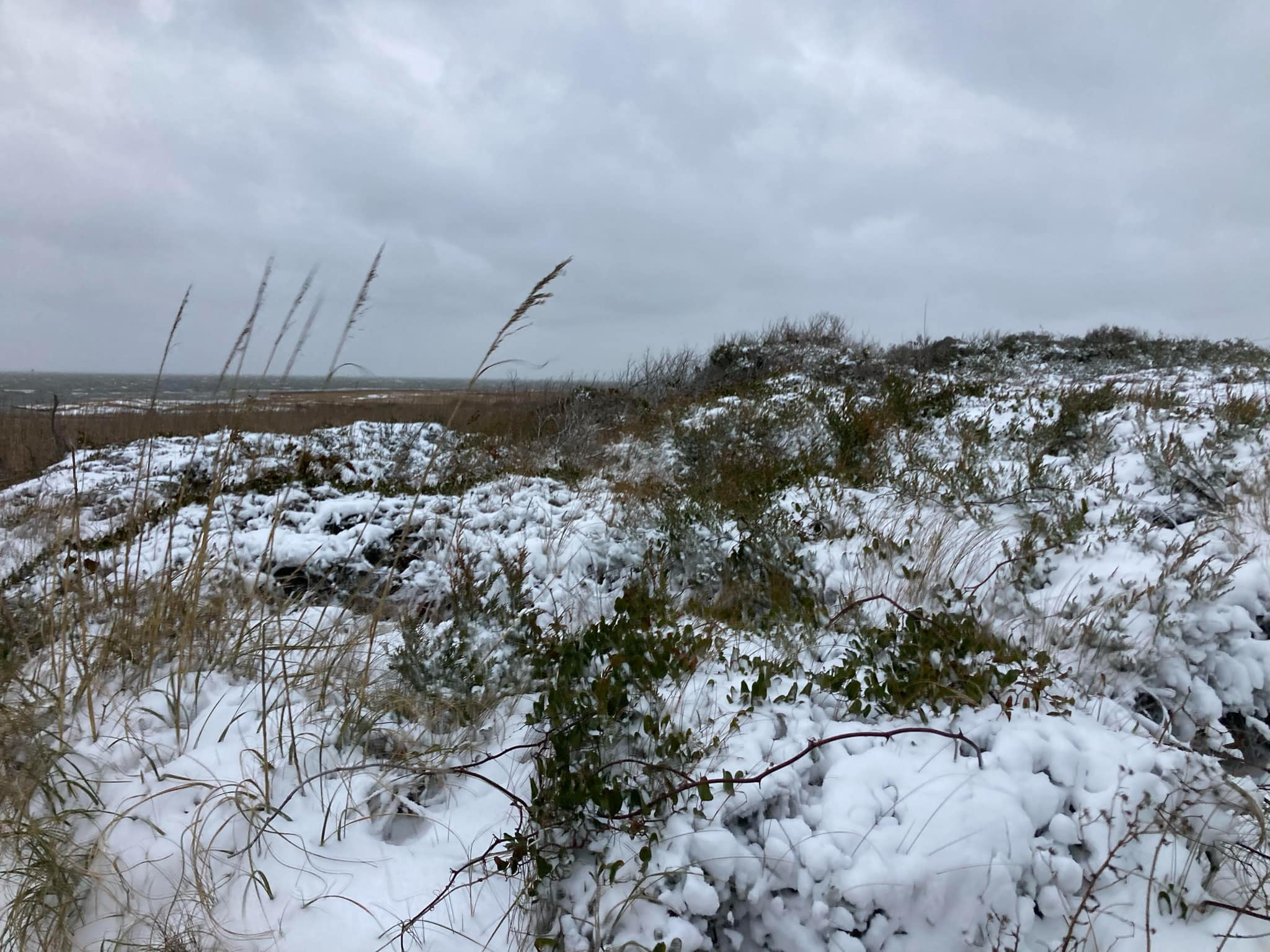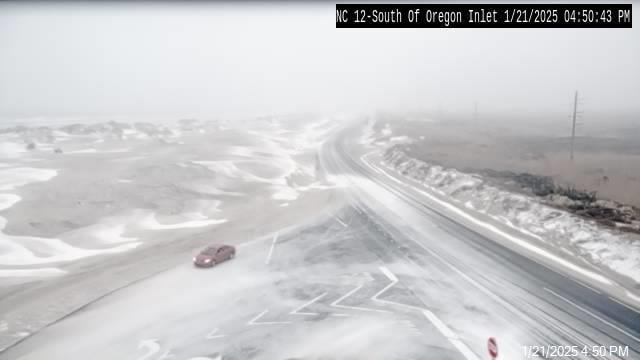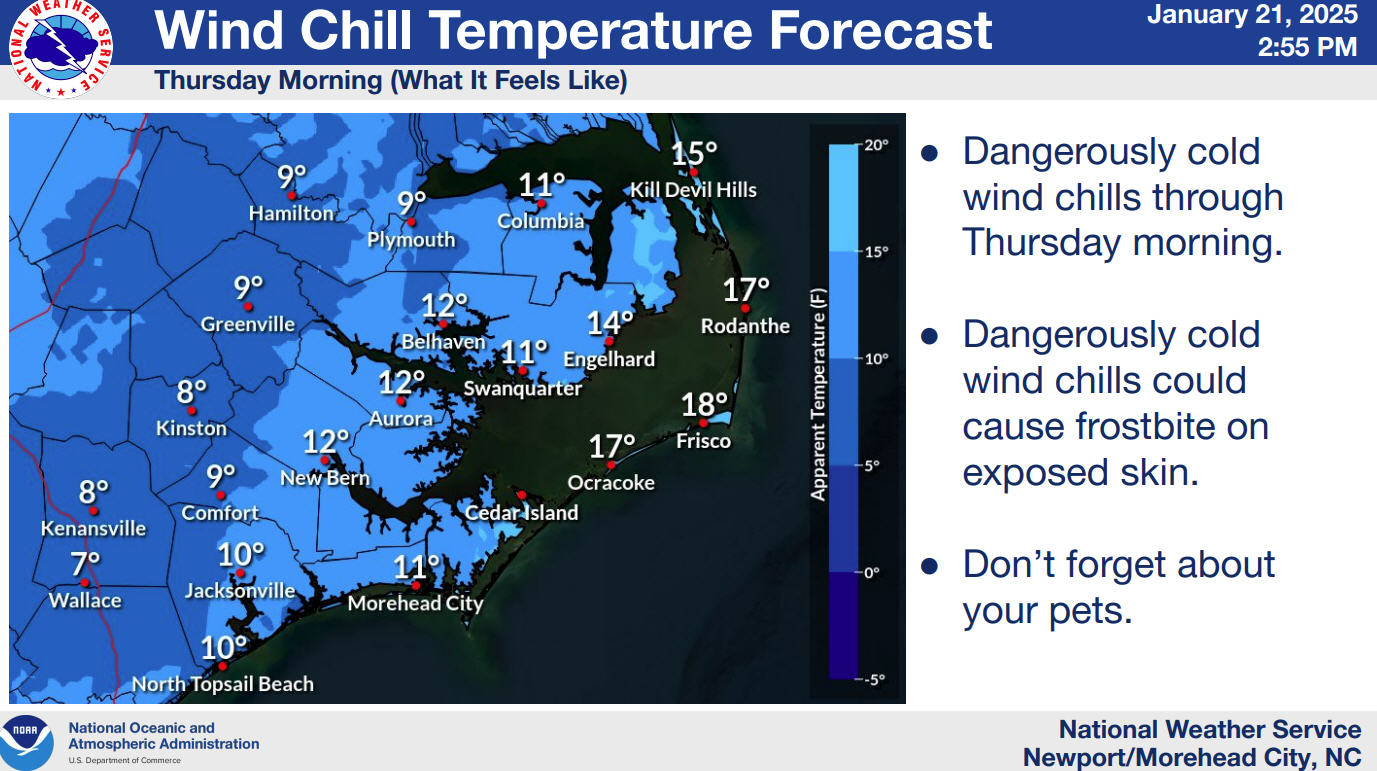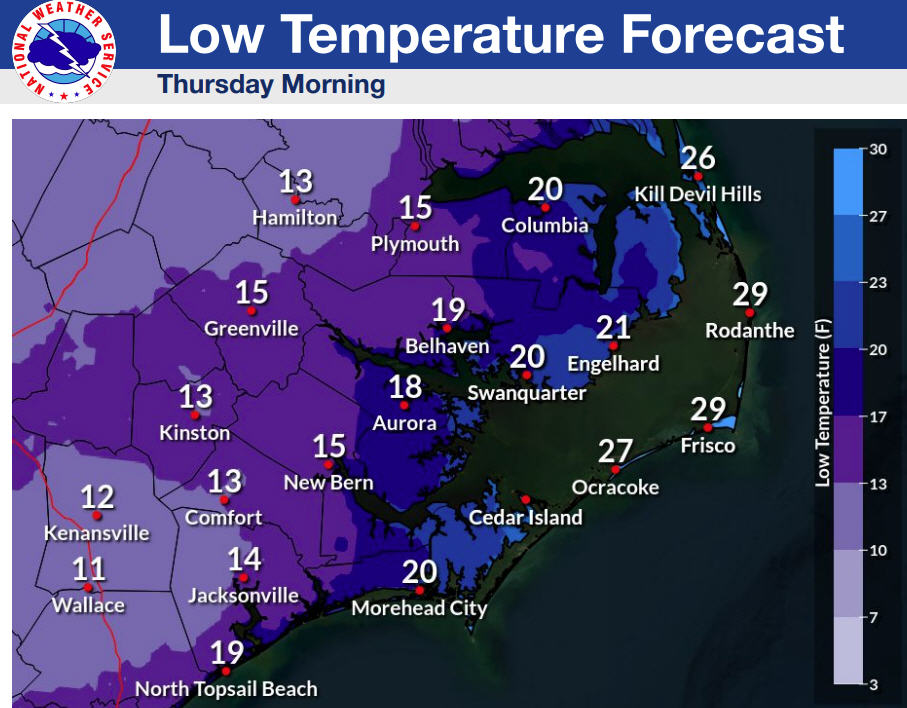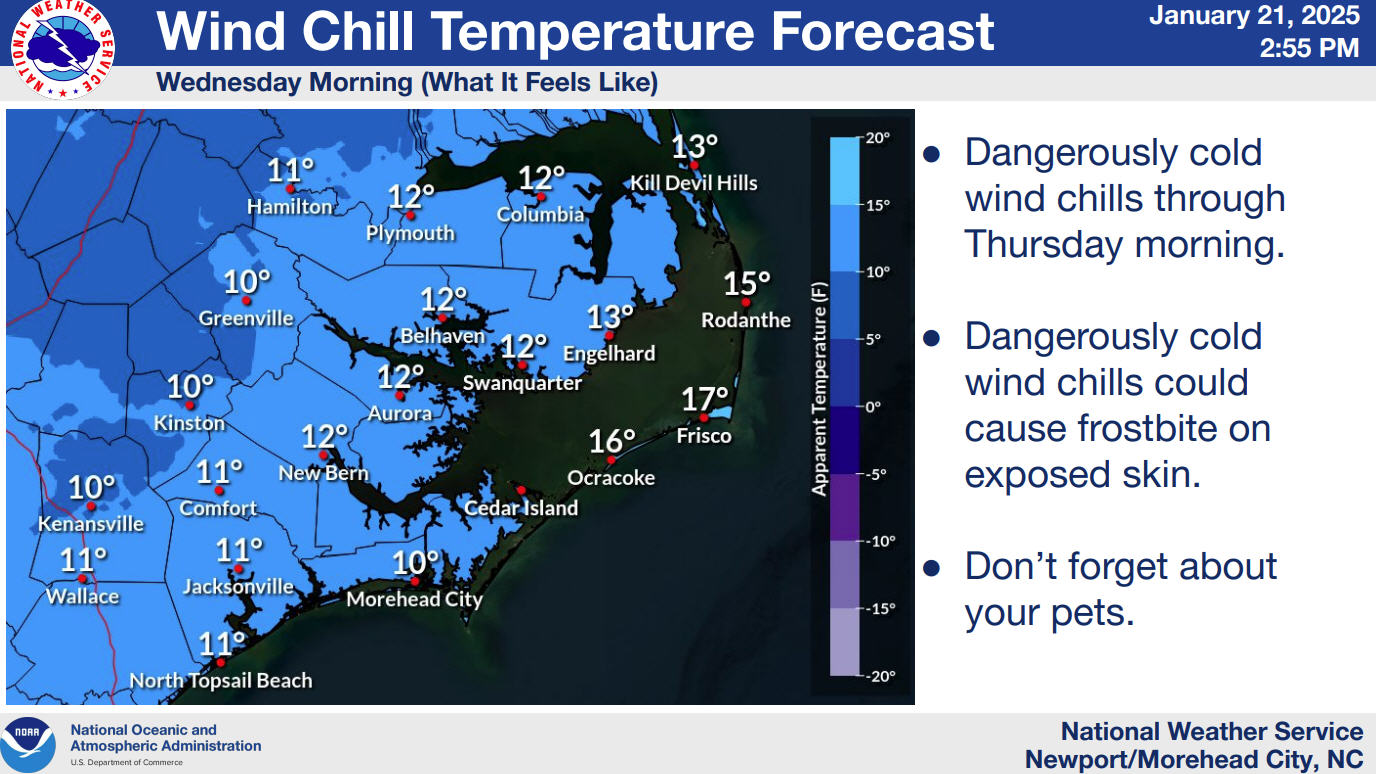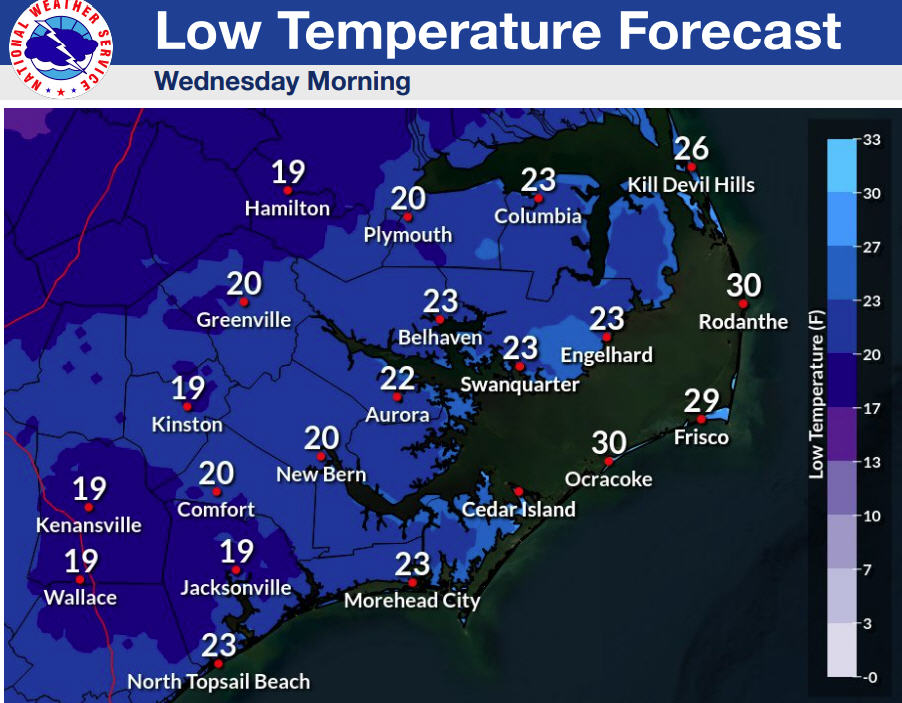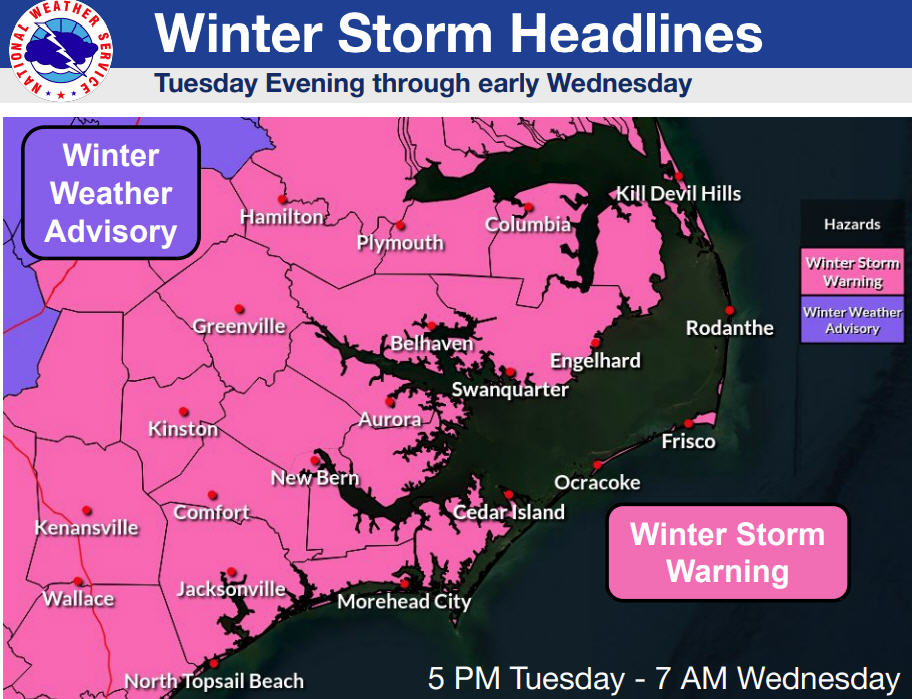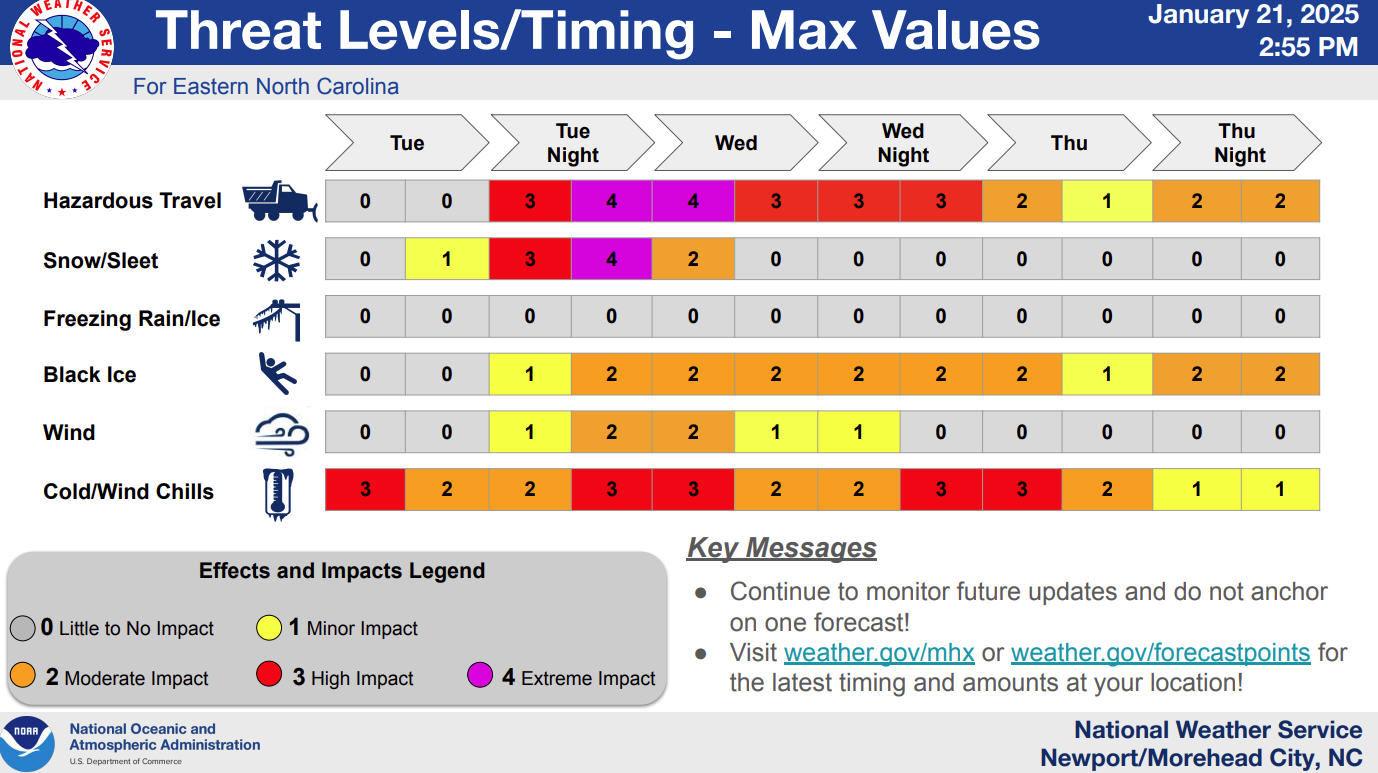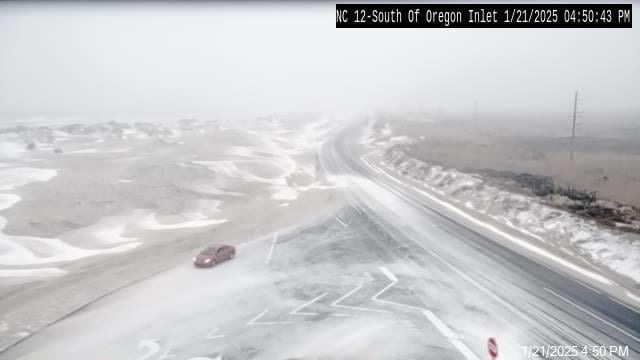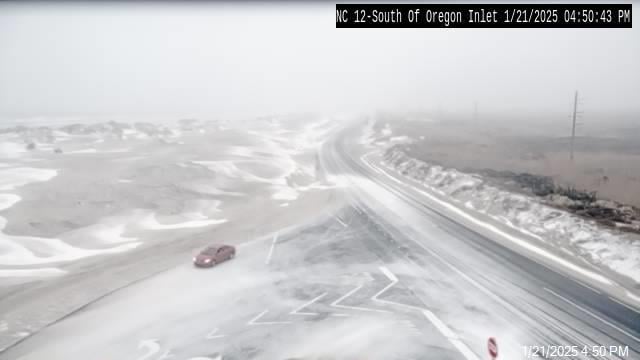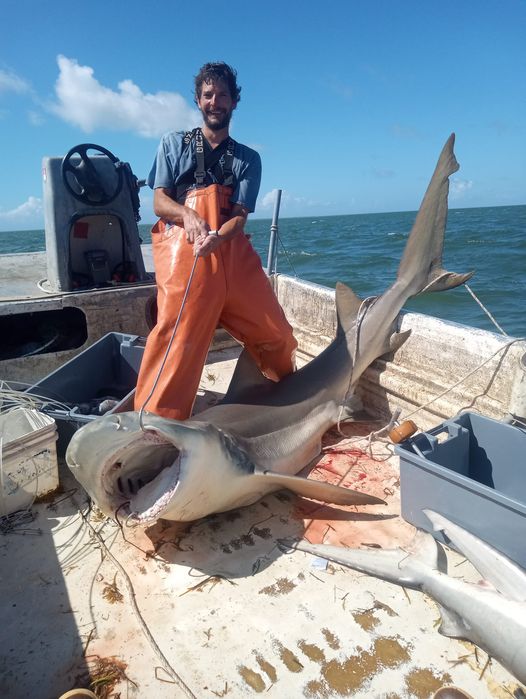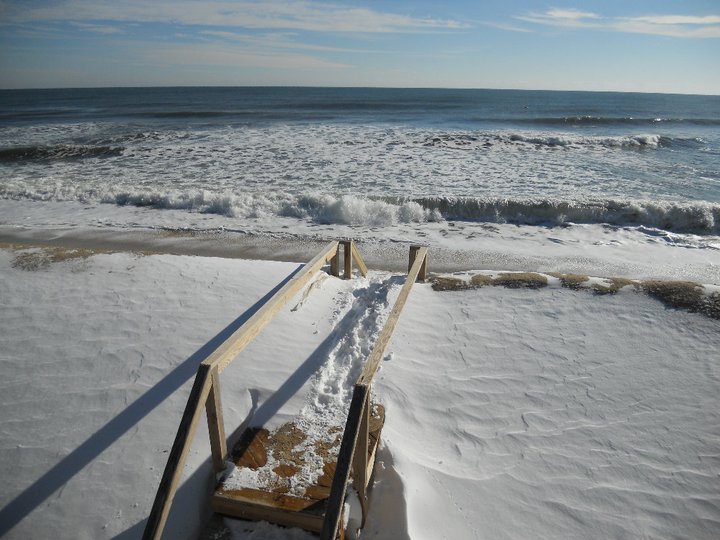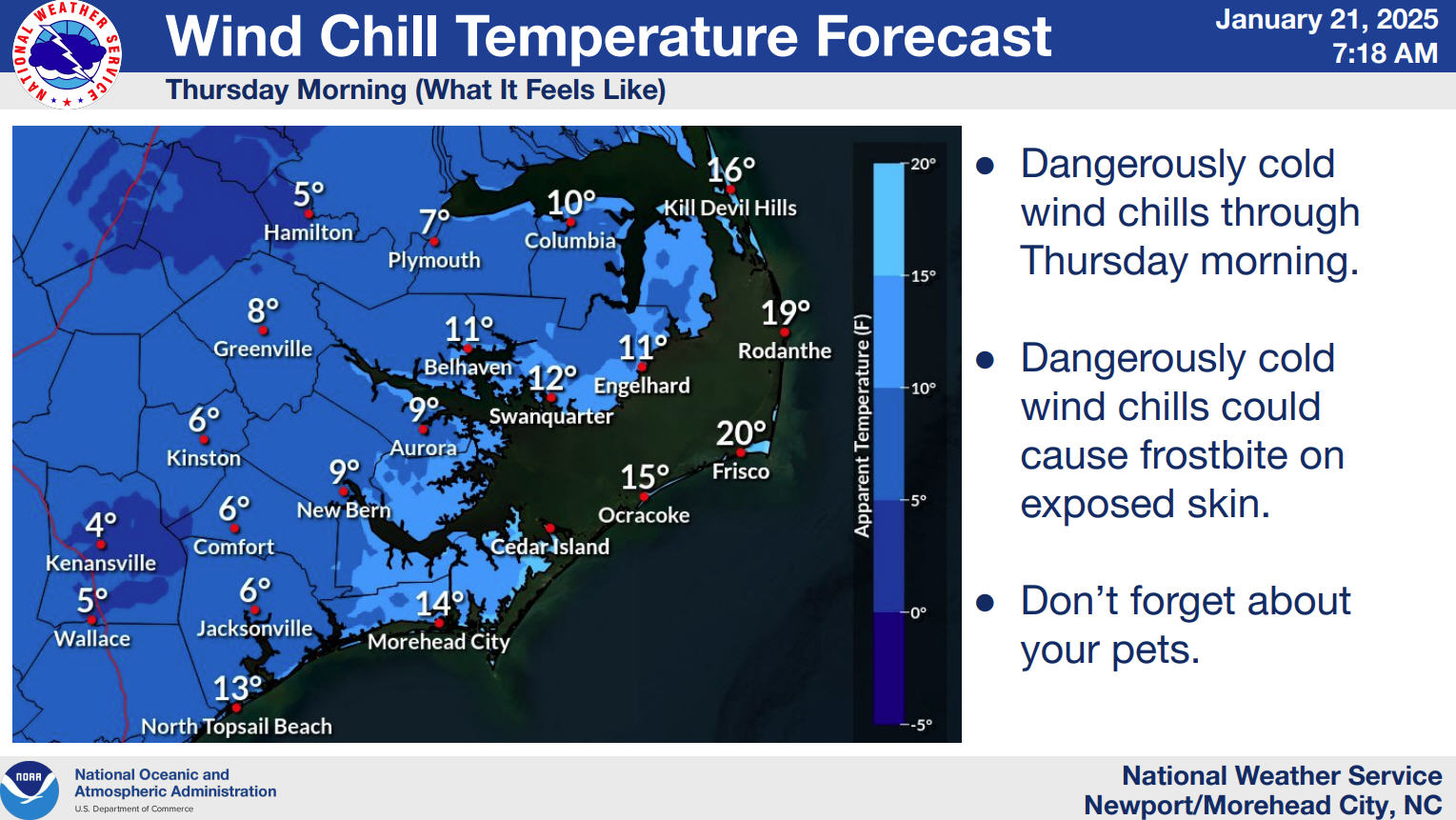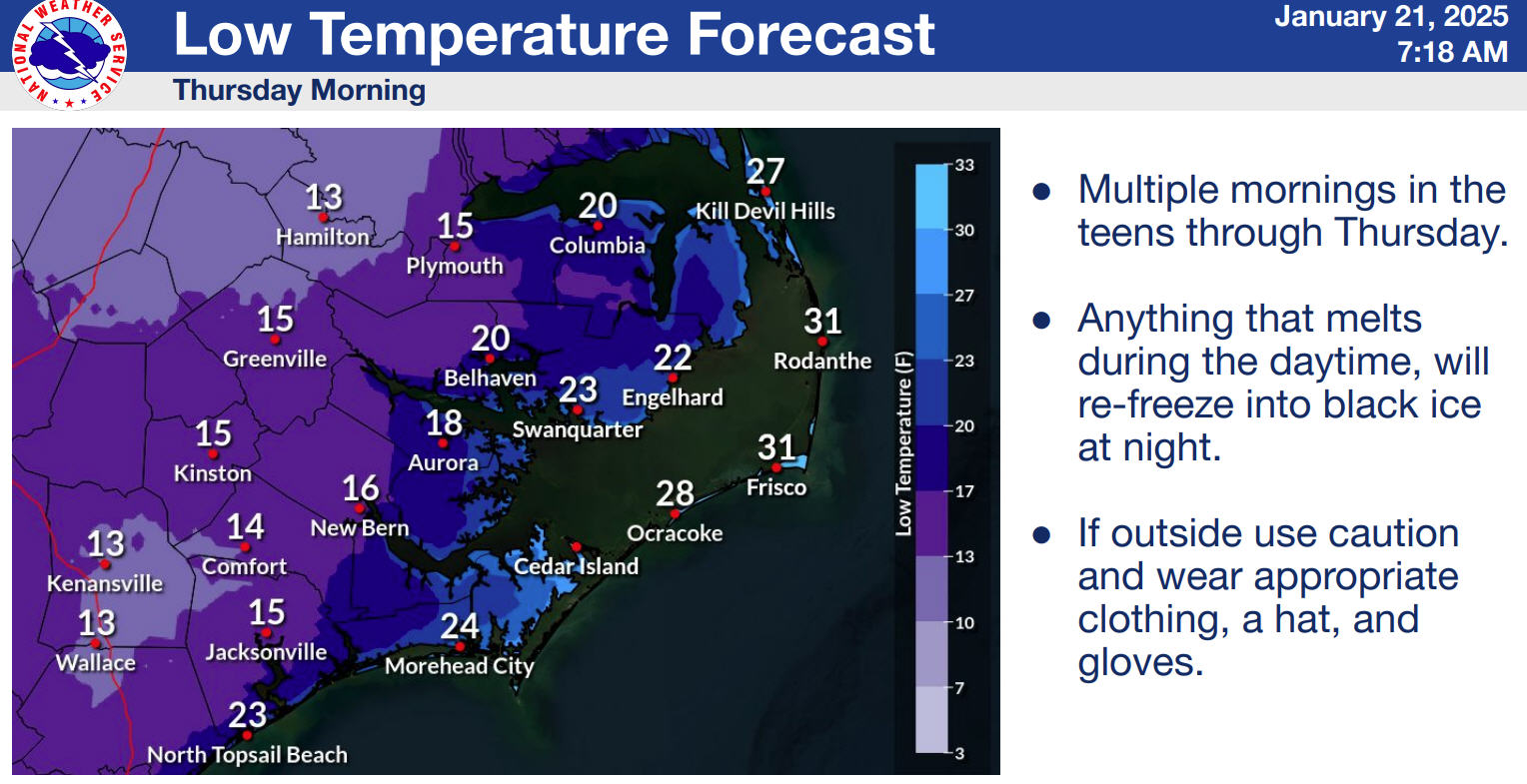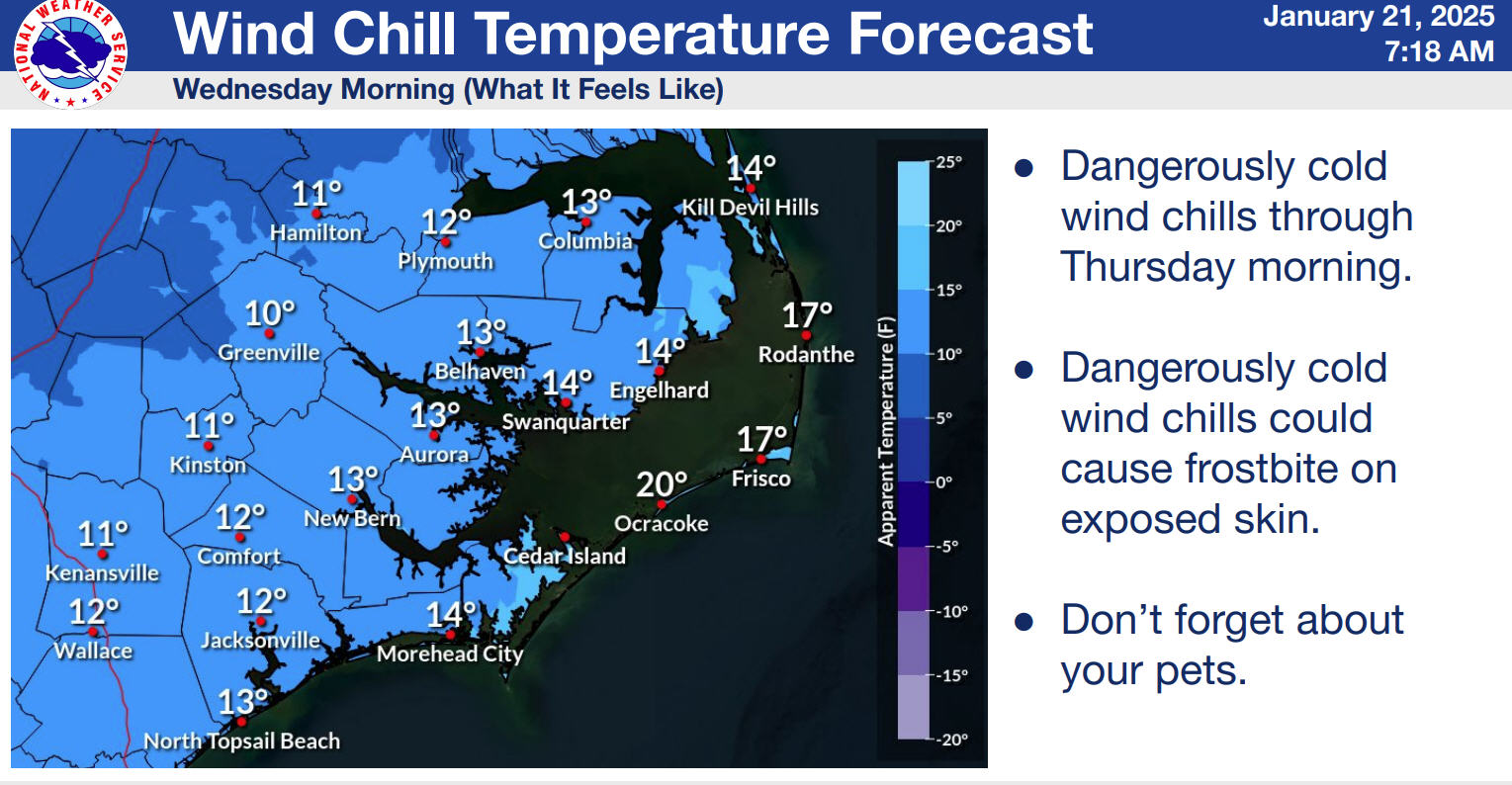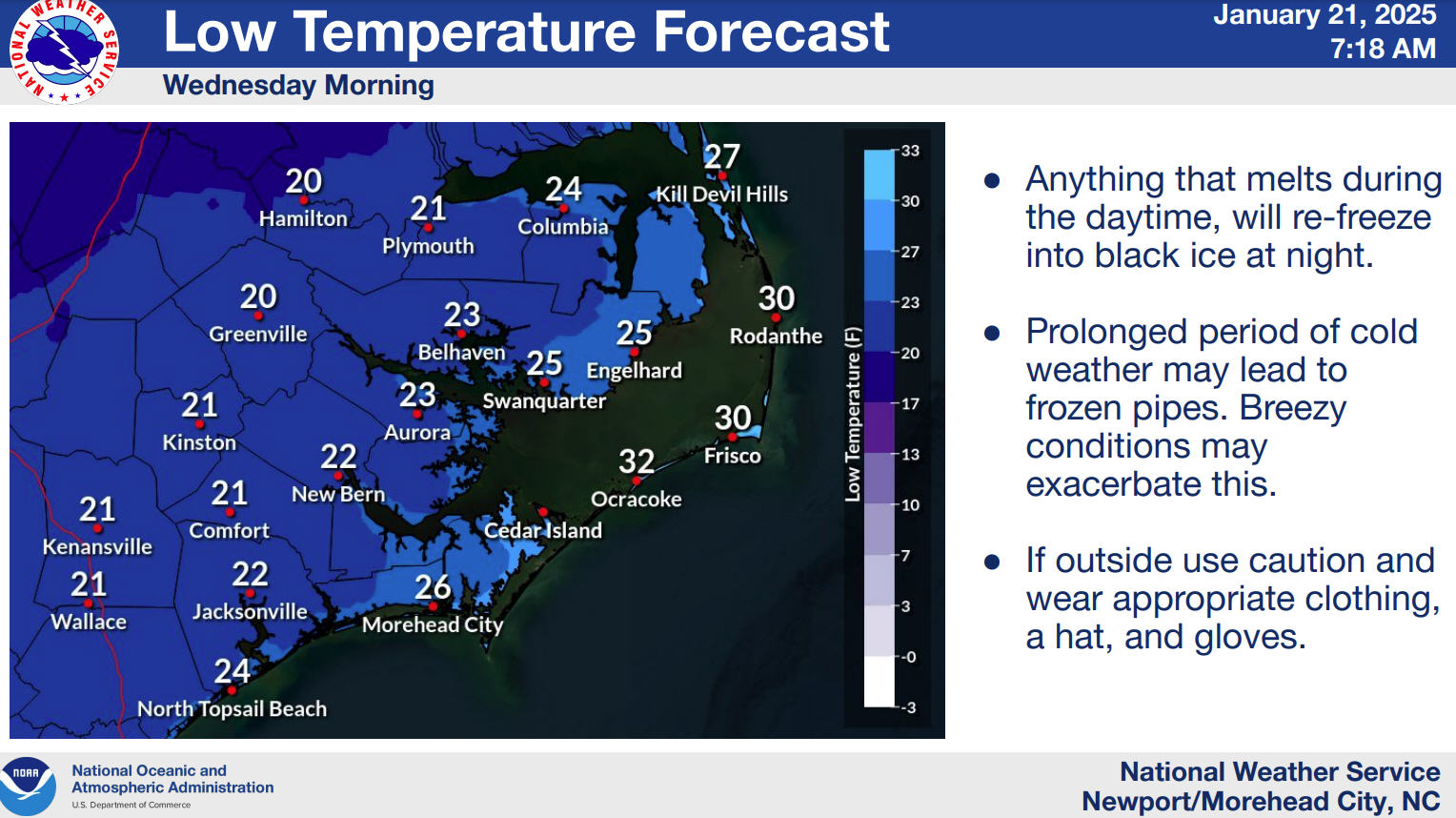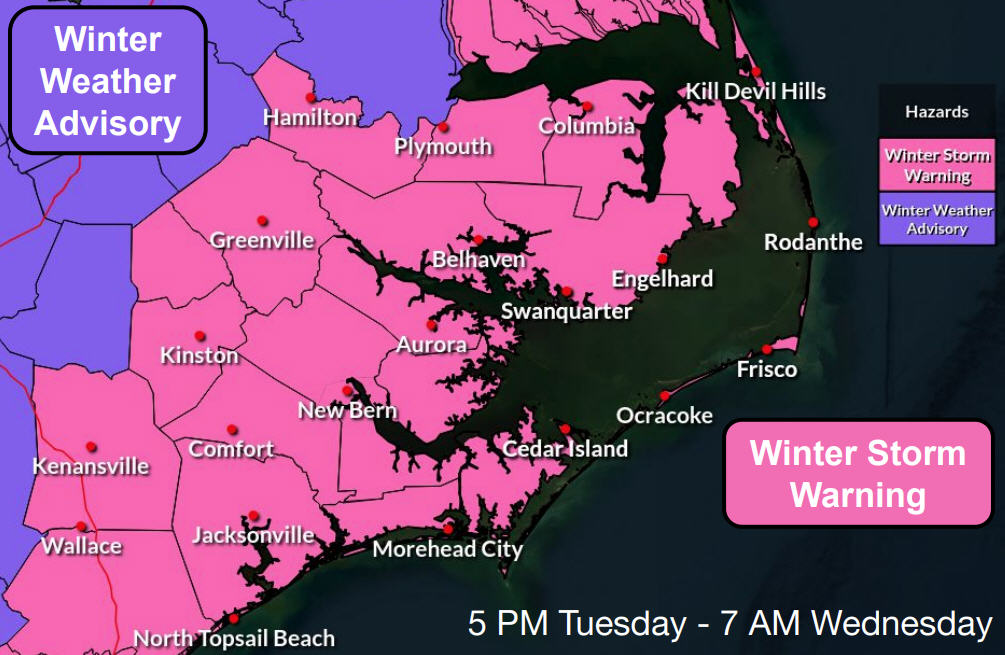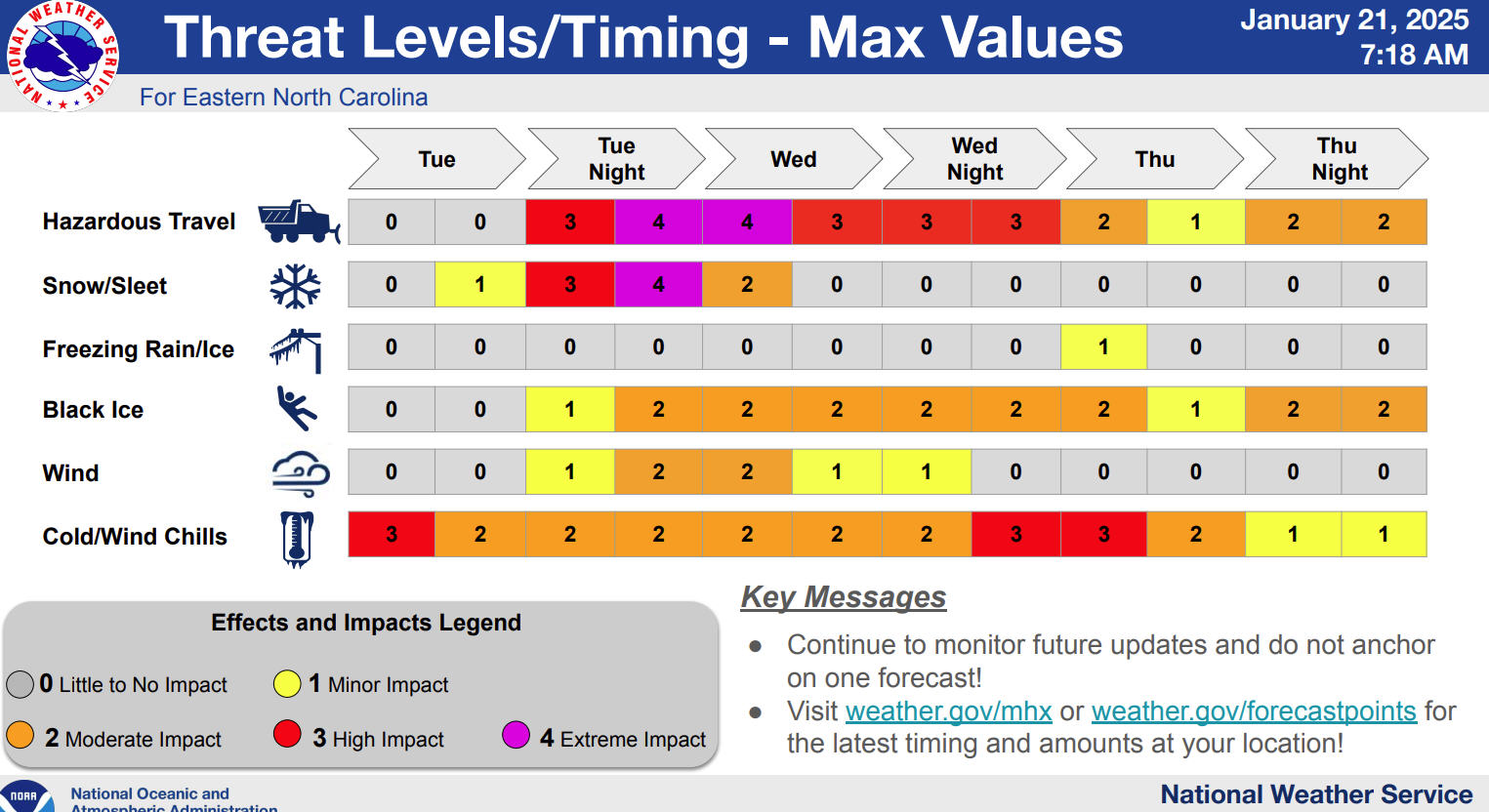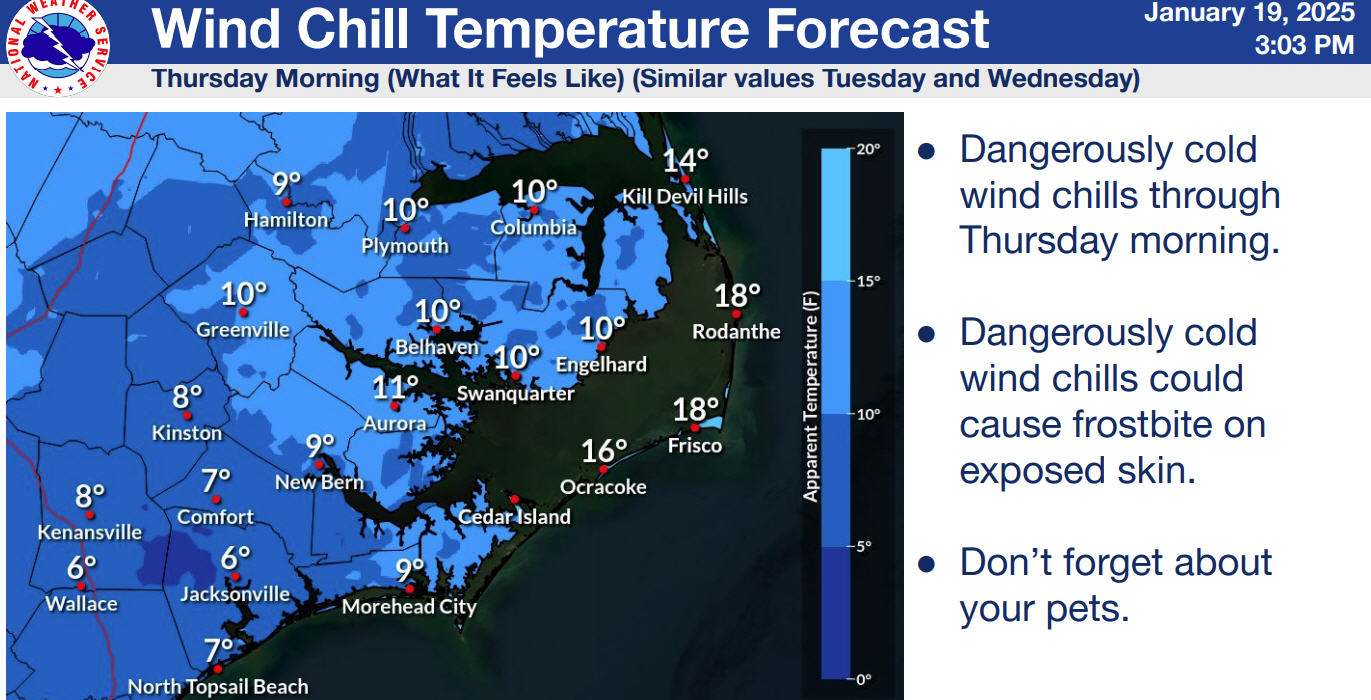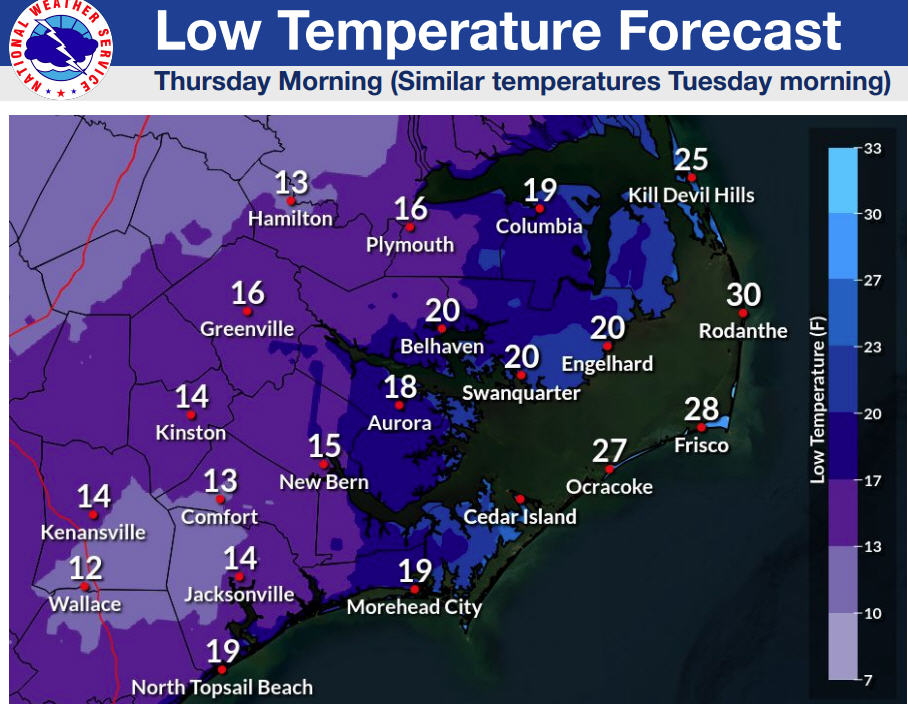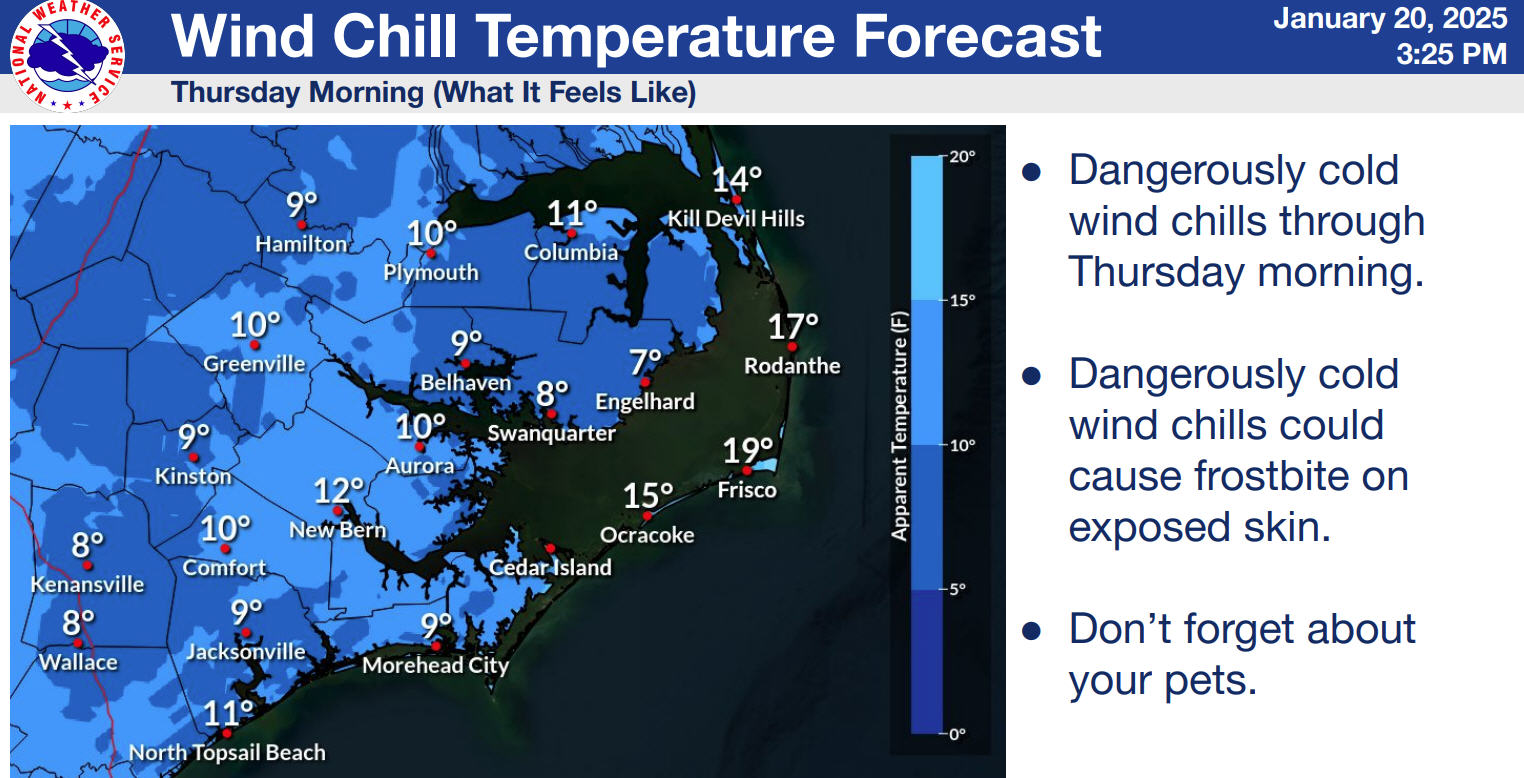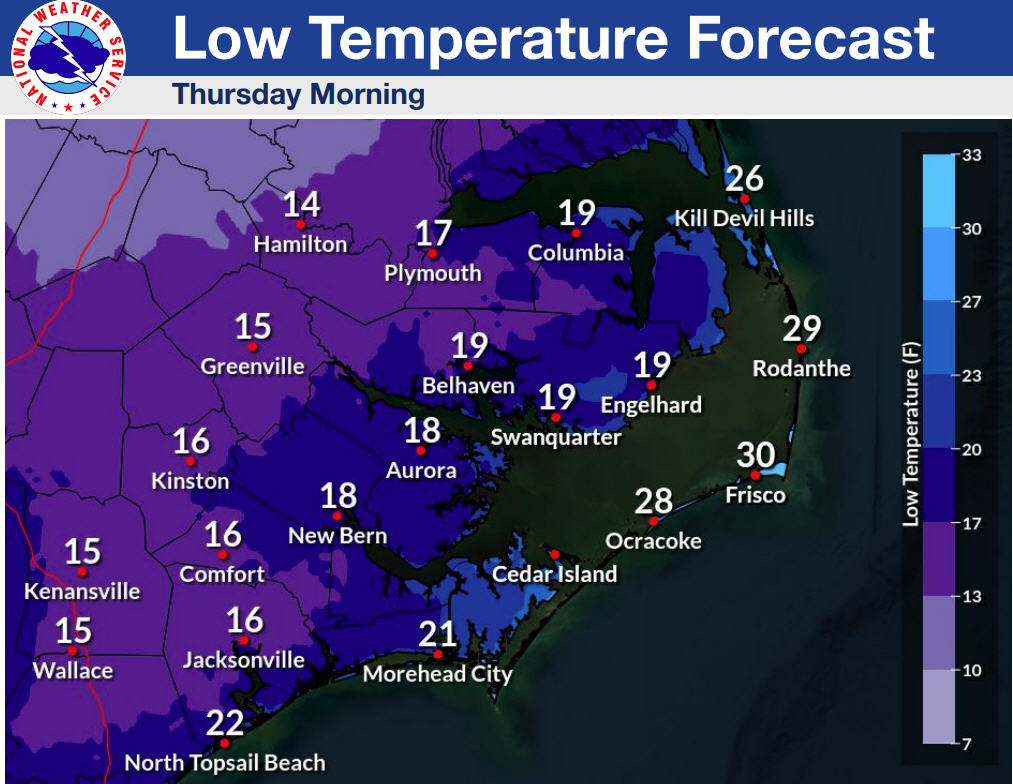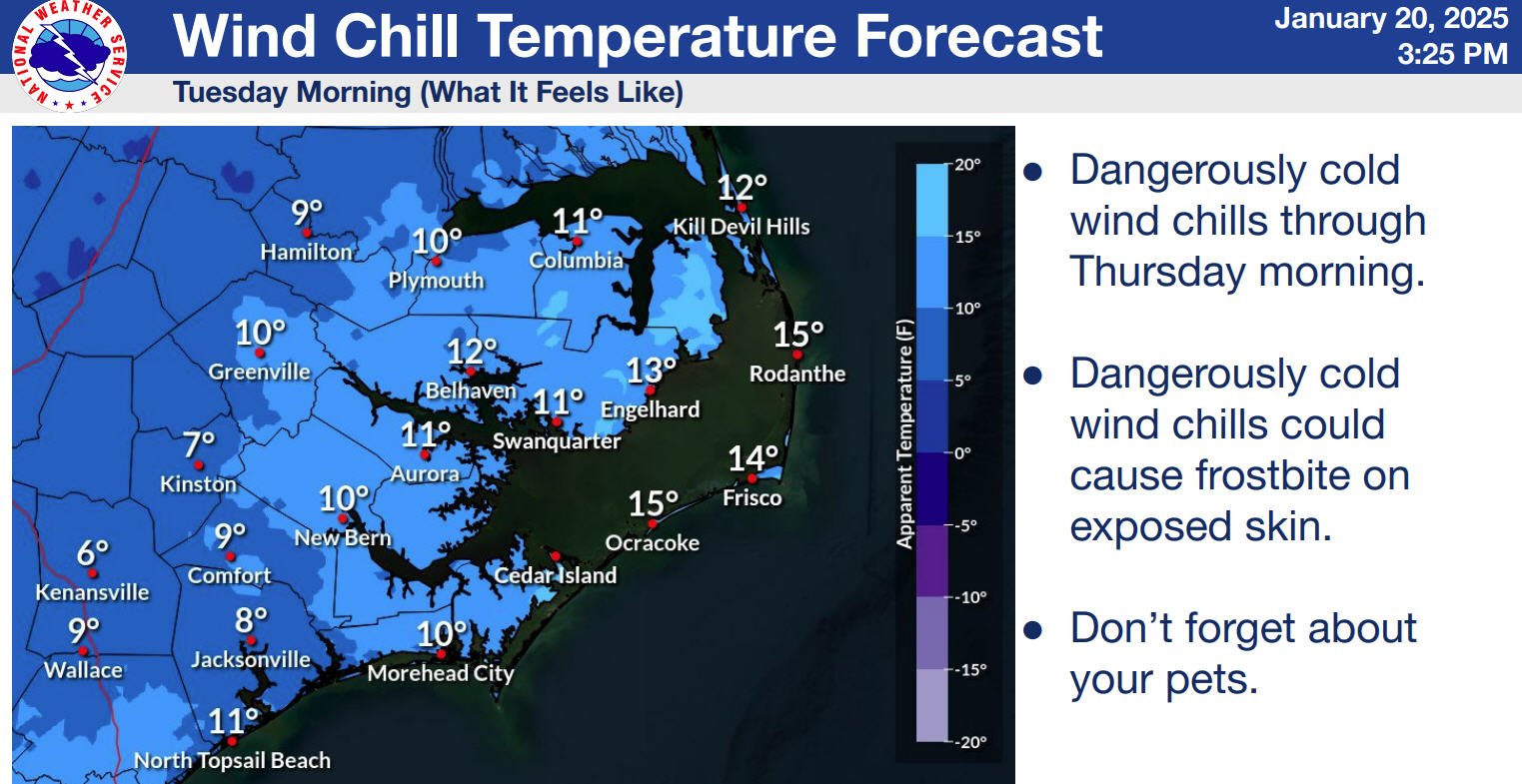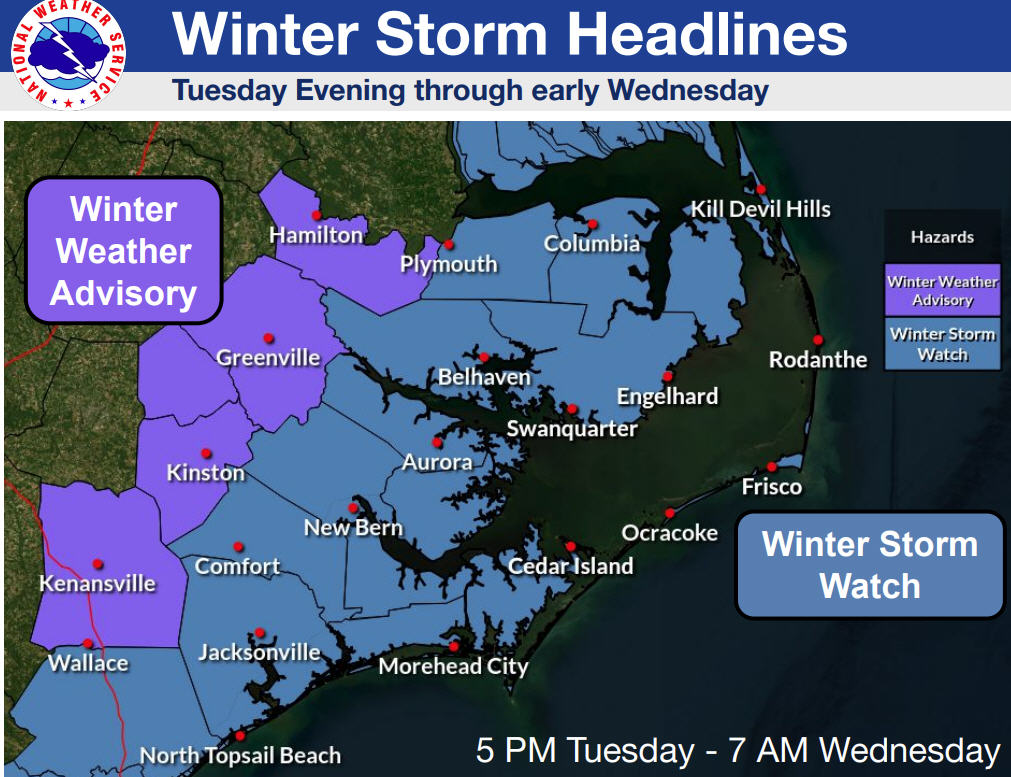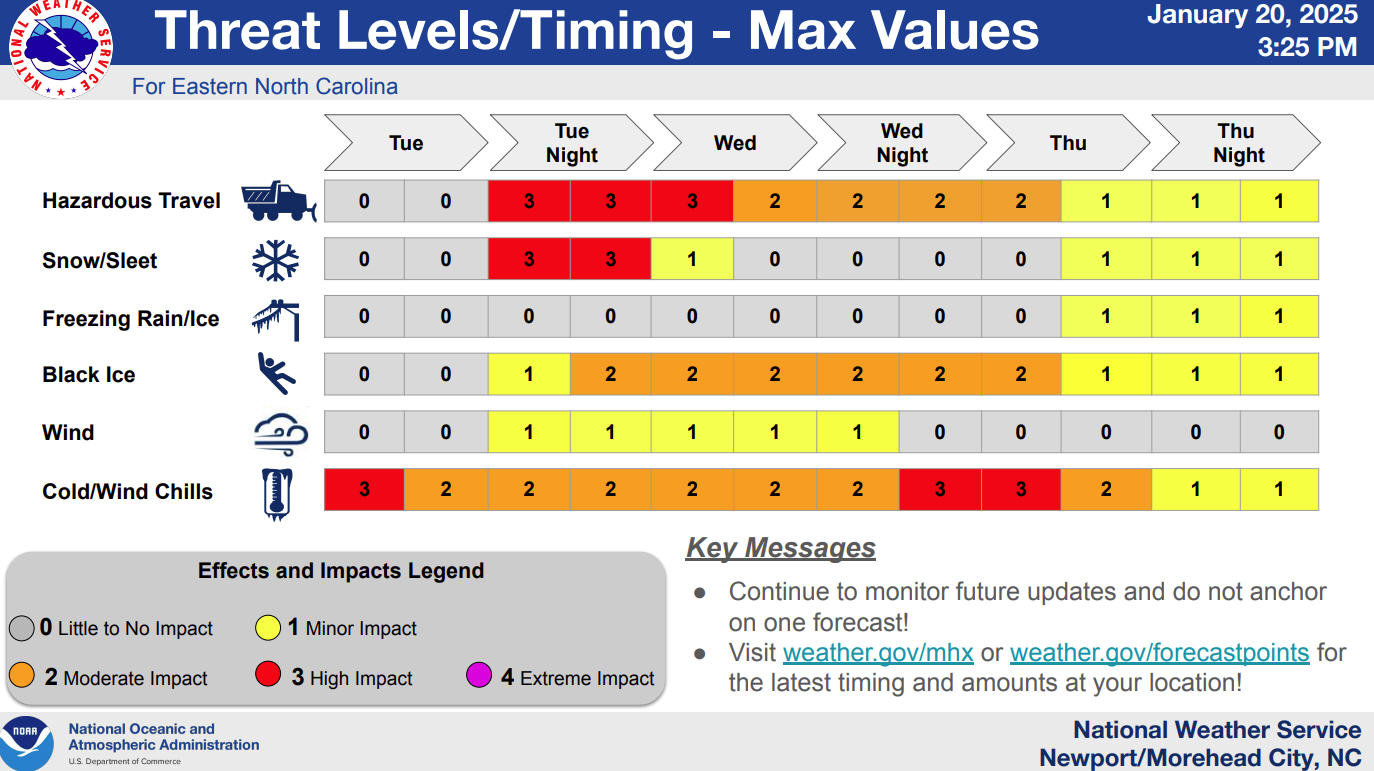How will a new legislature and governor influence environmental policy?
After months of preparation and following an election that further consolidated legislative power in the hands of Republicans in the state House and Senate, the new North Carolina General Assembly session will be gaveled in Wednesday, Jan. 9.
Meanwhile newly sworn-in Gov. Pat McCrory, who took the oath of office Saturday, Jan. 5, held his first cabinet meeting yesterday.
The week’s public actions follow more low-key planning than began soon after the November election to ready an agenda that McCrory and legislative leaders say is aimed at fundamentally changing the way the state works. The new dynamic, which for the first time pairs a Republican governor and GOP supermajorities in the legislature, allows the new leadership far more latitude and far greater reach.
How that translates into environmental policy is still a question mark, but not for too long. Legislators are expected to gather in Raleigh only briefly before breaking for roughly three weeks while committees meet and budget writers get to work.
Many legislators ran on promises to “reform” the state’s tax system, noted Grady McCallie, policy director for the N.C. Conservation Network. How legislators decide to fund the state Department of Environment and Natural Resources and related programs will have the biggest impact on policy in the long run, McCallie said. That will determine whether the agency, whose budget has been slashed more than 40 percent in the last two years, can do its job, he said.
“They say they’re going to reform the tax system, but if they do that, will there be adequate funding and resources?” McCallie asked.
The budget, he said, affects everything from making sure regulatory programs are adequately staffed to whether the state is willing to provide enough money to continue drawing federal matching funds for water quality projects.
Last year, money was drawn from reserve funds to pay for the state’s share of clean water infrastructure grants, McCallie noted. “That money is all gone,” he noted. “If they want to draw federal assistance again, the legislature is going to have to pony up.”
He and others also see a threat to state’s Clean Water Management Trust Fund, which for the past two years has seen its lowest level of funding — nearly one-tenth of what’s required in the statute creating it. In 2011, legislators also added tight restrictions on the types of projects the fund could support.
Last year, the trust fund’s supporters won greater flexibility, but the fund’s leader has warned that chronic low funding threatens the longevity of the program.
Beyond the budget, McCallie said he expects legislators and the new administration to demand further changes to the state’s regulatory structure, a major effort of the last session and a ubiquitous theme through the campaign season.
But McCallie said with so many legislators new to the job — more than half will be either in their first or second term — the challenge will be to understand the regulatory structure they want to change.
“It’s important for them to learn their way around,” McCallie said. “It’s important to take time to learn what programs do and how they work. You can’t just say no protections beyond the federal baseline. You can’t work that way.”
Some state regulations have federal analogs, he said, but others don’t.
In a Friday interview with WRAL-TV, John Skvarla , the new secretary of the environmental agency, said he also wants to see an end to “superfluous” regulations, but would focus on changing the agency to make it more “customer friendly” rather than cutting regulations.
Todd Miller, executive director of the N.C. Coastal Federation, said he’s also worried about the future of funding for clean water and the effort to gut regulations, but he noted that there is common ground between environmentalists and the new administration to improve permitting and overall efficiency.
Miller said his group would also seek to reverse the decline in the state’s support for fisheries habitat restoration. In the past two years, the legislature defunded several shellfish and marine habitat programs.
“Those programs are on life support right now,” Miller said.
The federation, Miller said, will push for new funding by making the case that restoring habitat is also good economic policy. He cited a recent UNC study that showed a nine-year payback for the projects.
“That’s a pretty good investment,” he said. “And it’s not just jobs, but long-term vibrant, healthy marine fisheries.”
One place where environmental groups and the new administration are sure to square off is on energy policy.
In a major economic speech earlier this month, McCrory told members of the N.C. Bankers Association’s at their 2013 Economic Forecast Forum that he would move quickly to clear the way for hydraulic fracking for natural gas inland and the exploration of oil and natural gas offshore. He said he wanted to form a partnership with Virginia, South Carolina and Georgia to negotiate a deal with the federal government to open up the Atlantic coastline to drilling for natural gas and oil.
(This story is provided courtesy of Coastal Review Online, the coastal news and features service of the N.C. Coastal Federation. You can read other stories about the N.C. coast at www.nccoast.org.)



